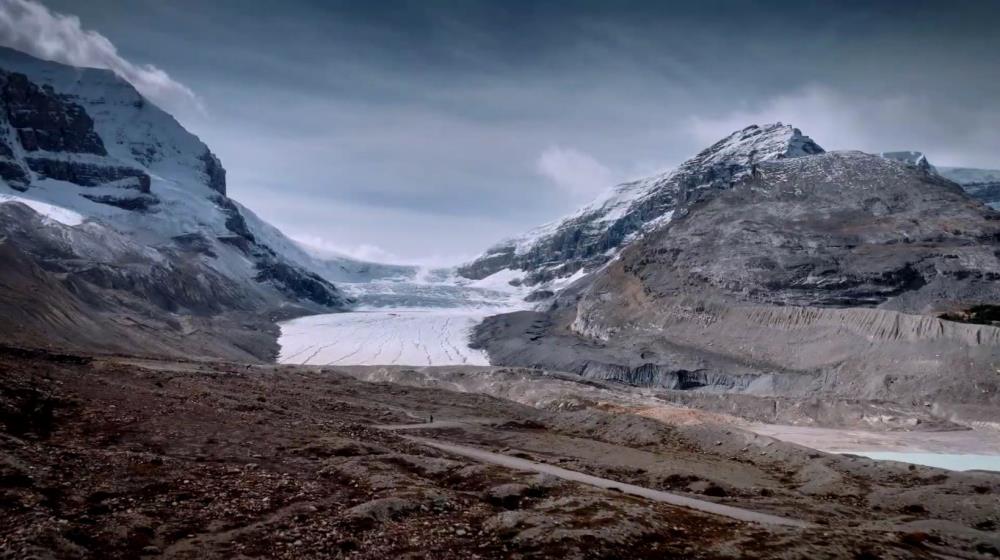
Related items loading ...
Section 1: Publication
Publication Type
Journal Article
Authorship
Huynh, L., Anjum, S., Lieu, T., Horse, M. L., Martin-Hill, D., & Wekerle, C.
Title
Examining the connection between water concerns, water anxiety, and resilience among Indigenous persons: A systematic scoping review
Year
2023
Publication Outlet
Child Abuse & Neglect
DOI
ISBN
ISSN
Citation
Huynh, L., Anjum, S., Lieu, T., Horse, M. L., Martin-Hill, D., & Wekerle, C. (2023). Examining the connection between water concerns, water anxiety, and resilience among Indigenous persons: A systematic scoping review. Child Abuse & Neglect.
https://doi.org/10.1016/j.chiabu.2023.106184
Abstract
Background & objective
Despite Canada's and the United States' acceptance of the United Nations Declaration on the Rights of Indigenous Peoples (UNDRIP), achieving equitable water, sanitation and hygiene (WASH)-related services among Indigenous peoples remain at issue for the 2030 Sustainable Development Goals (SDGs). Water anxiety is a mental health burden threatening resilience, given cultural stewardship imperatives for water well-being.
Participants and settings
Peer-reviewed literature documenting water anxiety/insecurity was explored in relation to resilience among Indigenous communities in Canada and the United States (including Hawaii and Alaska).
Methods
A systematic scoping review was conducted using three databases (Medline, Sociological Abstracts and PsycINFO) and key words pertaining to Indigenous Peoples, Canada, U.S., and water. Two reviewers screened and extracted each article.
Results
The search yielded six quantitative studies. Large diversity among Indigenous communities resulted in different water concerns tied to geographical locales, industry, and the health of water bodies. Environmental concerns, poor access to safe drinking water, and negative effects of water insecurity (water costs, food scarcity) was associated with water anxiety. Indigenous ecological knowledge, cultural continuity, water advocacy, and participatory community interventions was associated with resilience.
Conclusion
There is limited research exploring water anxiety and resilience among Indigenous communities. Particularly among women, water related health risks, concern for future generations, and cultural gender role expectations for water stewardship, contribute to water anxiety. An important next step is to recognize water anxiety as a mental health burden, and advance Indigenous-led research to not only optimally redress water inequities, but also the broader scope of its impact to ongoing trauma among Indigenous peoples.
Keywords
Water anxietyWater insecurityIndigenous communitiesMental healthResilienceScoping review
Plain Language Summary
Section 2: Additional Information
Program Affiliations
Project Affiliations
Submitters
Publication Stage
Published
Theme
Presentation Format
Additional Information
Ohneganos, PUBLICATIONS and ACADEMIC PRESENTATIONS


 GWFNet
GWFNet Master
Master Data
Data Research
Research Map
Map
 Advanced
Advanced Tools
Tools
 . . .
. . .
 Metadata Editor
Metadata Editor
 Record List
Record List
 Alias List Editor
Alias List Editor
 Legacy sites
Legacy sites